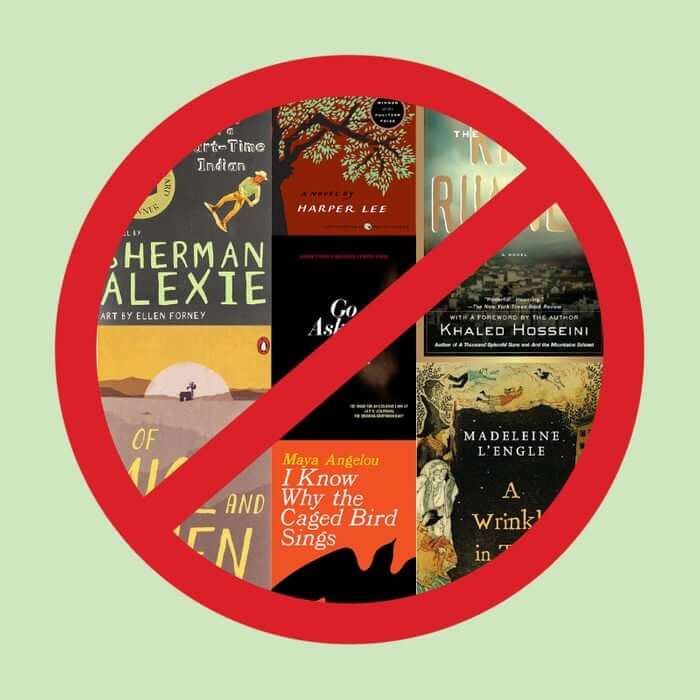To Kill a Mockingbird by Harper Lee is considered the most challenged and banned classic book, as per the American Library Association. The book has been consistently discouraged by schools for its racial and sexually charged themes. Authorities have also called it unethical for young minds. Despite the backlash, To Kill a Mockingbird is included in the list of most-assigned novels in American schools. Also, nearly 40 million copies of the book have been sold globally to readers, according to Britannica.
If you read the teen’s or kids’ reviews about the book, you may notice how many of them have rated it 4+ stars with positive comments. They did understand the loopholes (like use of certain inappropriate words) of the book but also appreciated the important messages (related to racism) that it delivers.
An important thing to notice here is despite all the revolts and backlash, the book still remains popular among readers. Did censorship and bans make it even more enticing to read? Probably.
The human mind is always curious. When any restrictions are imposed, people start wondering about the reasons behind the same. Many become curious to identify whether the ban is justified or not. To find out the reasons, people start reading the book. While some people agree with the book ban or censorship, others don’t, making the book more controversial and popular at the same time.
However, the majority of time a book is famous due to its good storyline, engaging characters, and overall message. In fact, even if a book is receiving backlash if it genuinely covers a topic or matter, there’s literally no way it can be stopped from rising to fame. To Kill a Mockingbird is a good example of it. Although many schools and libraries have challenged the book in the past, it couldn’t do much.
Besides that, some books are also banned for absurd reasons, despite being classics. In such cases, you can’t consider the bans or censorship as the reason behind its popularity. The reason here is the content, ofcourse.
For example, Shel Silverstein’s A Light in the Attic, which features different silly and funny poems, was banned by Cunningham Elementary School in Wisconsin for one of the poems called How Not to Have to Dry the Dishes. The authorities claimed that the poem encourages students to break the dishes so they wouldn’t have to dry them.
The negative attention might have evoked interest at the moment, but the book is an old classic that’s recognised for delivering moral lessons to children in a humorous way. Nearly 575,000 copies of A Light in the Attic were sold within the first year of its release. So, the ban obviously isn’t the primary reason behind the book’s popularity, although it does add fuel to the fire.
One thing that book bans/censorship does is that it highlights the topics that may otherwise get overlooked by the people. It promotes the circulation of such titles, raising more awareness about critical matters. However, the popularity and sales of such (or any other) books mostly depend on the book content and the way it’s delivered.
Navkiran Dhaliwal is a seasoned content writer with 10+ years of experience. When she's not writing, she can be found cooking up a storm or spending time with her dog, Rain.






